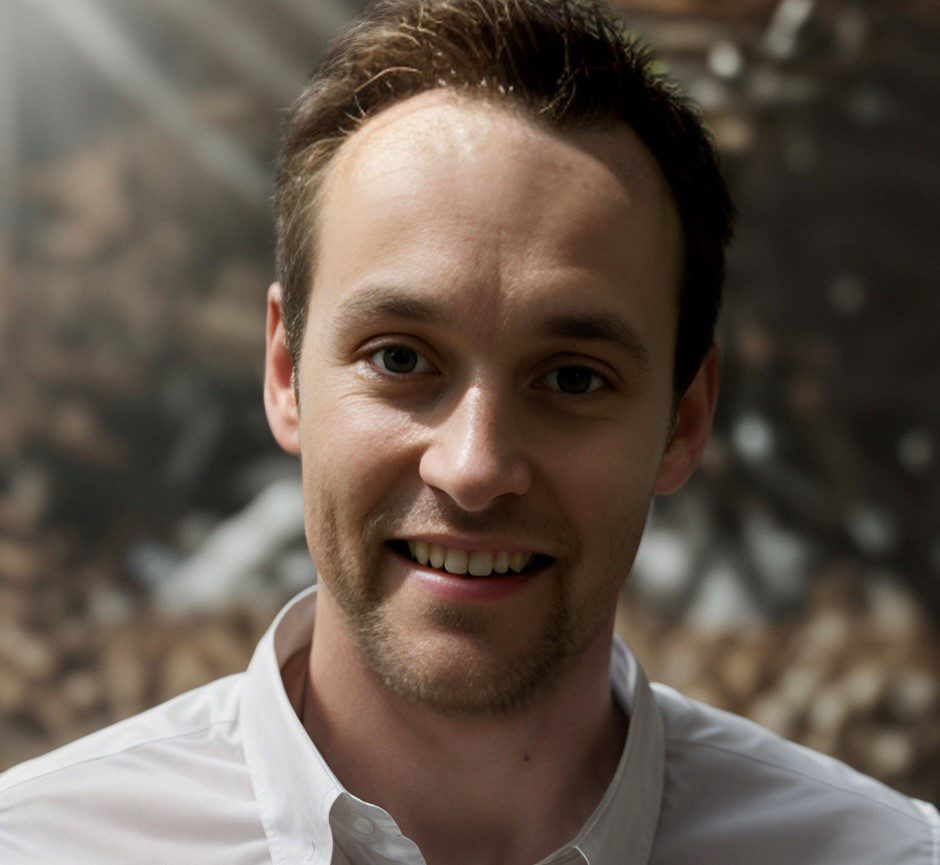
Nick Gardham
CEO of Community Organisers
We share a collective challenge. A challenge that can only be responded to with a bold ambition and a commitment that will reach deeply into neighbourhoods across the country.
Over the last 12 months, with support from Power to Change, Community Organisers has been working with 10 organisations from across the North East and West Midlands to support them to develop their skills, knowledge and experience of community organising to become social action hubs. These organisations are rooted in low-income communities and have, over the last 3 years, seen the deep impacts that both the Covid-19 and cost of living crisises have had on local people and places. Impacts that have exacerbated the challenges they were already facing, highlighted by stories such as that of John [name changed to protect identity], who walks over 3 miles from Newton Aycliff to Shildon to shop at the Social Supermarket as he no longer can afford to shop locally.
These symptoms are the consequences of deep systemic issues that have left many feeling powerless to affect change. This powerlessness is leading many to reject the notion that people, through local action, can be the driving force for change. Instead, they believe that that things will only get better for them if a programme is funded, or an expert is going to come in and resolve the problem.
To respond to this deep rooted challenge, we need a community-driven revolution. A revolution that will reinvigorate, restore agency, and ensure that individuals and communities have a sense of hope, possibility and change.
Getting to the root of the problem
First, we need to address where this challenge is coming from. For many communities labelled as ‘left behind’, the social infrastructure and social fabric that gave these communities strength has been eroded. Fortunately, for the 10 communities that Community Organisers has been working in, this is not the case. However, changes to funding streams and the issuing of contracts and commissions have meant that many have become delivery organisations on behalf of a statutory agencies and public bodies. Others are simply providing services, without proper resource, to pick up the gaps that have been left behind by the reduction or removal of pre-existing services.
As a result, their accountability has shifted. When founded, these organisations came together out of the collective aspirations of local people seeking to hold on to something that could become lost or to create something new and aspirational.. Driven by local people, these organisations originally played a role in galvanising collective action and agitating for change. This role has been lost, shifting accountability away from people to institutions and public bodies.
What has been heartening over the last 12 months is seeing organisations build their capacity and refine their role as the catalysts for local change.
Igniting social action in local communities
In Blyth, for example, local volunteers at Briardale House are starting a ‘listening event’ where local dog walkers can come together and share stories of their experiences of walking on the common. This is providing a space to have a greater say in transforming this local area.
Or, the case of Youth Focus North East, who through listening to local young people have identified the impacts of the cost of living crisis on young people. To address this, Youth Focus North East are organising a local Cost of Living Summit to enable young people to tell their stories and have them heard by policy makers and politicians.
And, organisations such as Riverside Community Health Project in Benwell, All Saints Action Network in Wolverhampton, and Gaunless Gateway in Bishop Auckland have all built listening in to the core of their work. This enables their organisations to reach out to the community and listen more deeply to people’s experiences of living in the local place. Hosting spaces allow people to explore and share their experiences collectively and identify solutions.
But resourcing is crucial
All of this work however, requires both capacity and resource. And if this country is genuinely committed to ‘levelling up’ (or any other version thereof), then we need to reach into those communities that have been left behind for far too long.
To do this, we need to get more people doing the essential non-partisan community building work that can build bridges, transcend divides and bring people together. This work begins with a radical recommitment to listening to all sections of our community. Listening that will lead to a shared, deep understanding in these communities over what has worked and, ultimately, what has failed.
If we are about democracy (and as a country we are), then we need to ensure that local people are now, more than ever, at the centre. And when they are at the centre, they are not just presented with a set of options of who to vote for but have the opportunity for real participation and the ability to collectivise and develop a vision for a shared future. Grassroots community organisations, social action hubs and community organising are central to making this happen. But to succeed, these groups and people need support, resource and capacity to deliver against the challenges that collectively we are facing.
